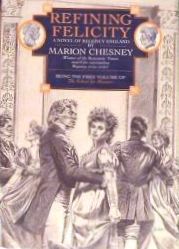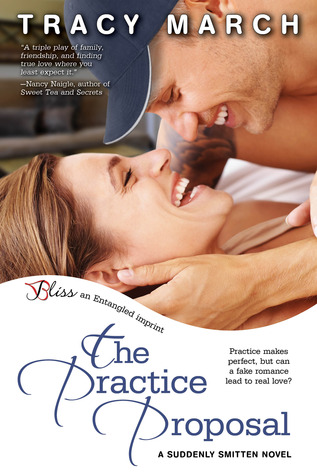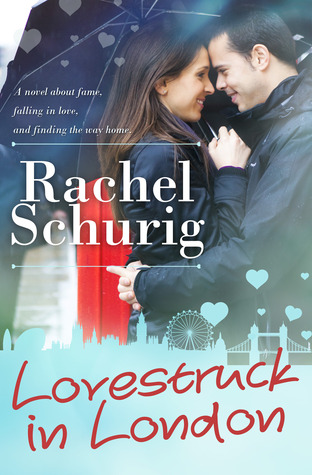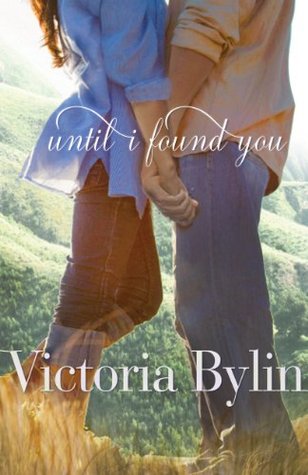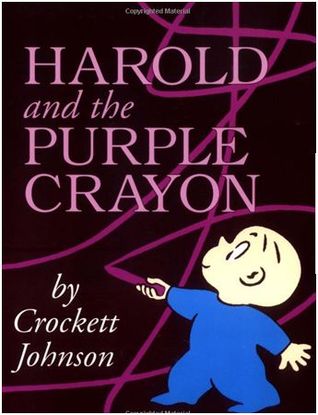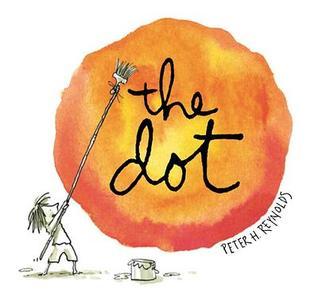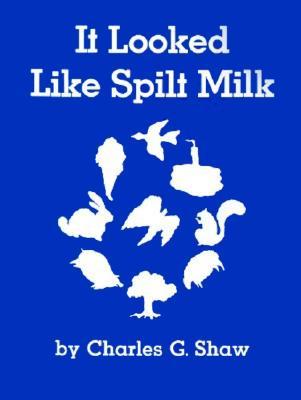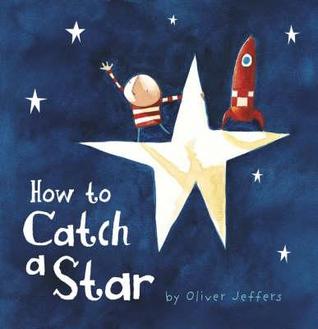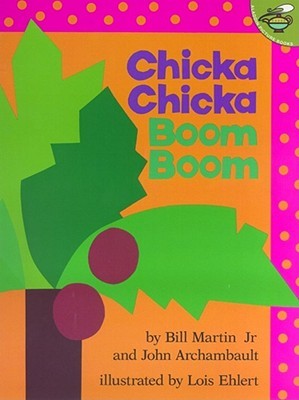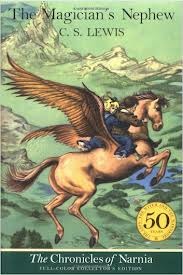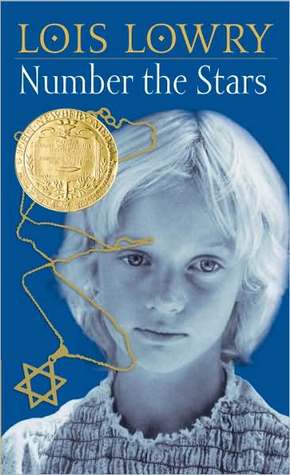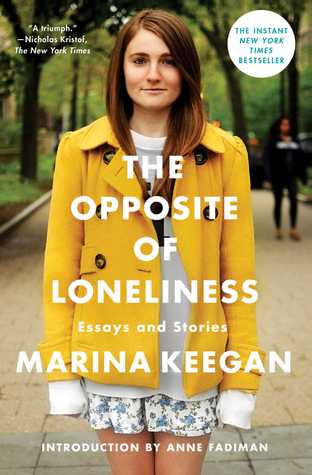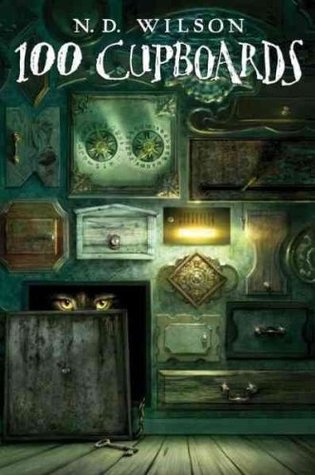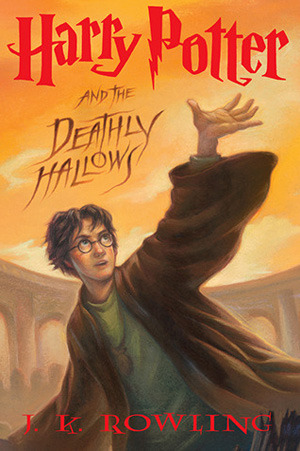
Book Description
Jason Fitger is a beleaguered professor of creative writing and literature at Payne University, a small and not very distinguished liberal arts college in the Midwest. His department is facing draconian cuts and squalid quarters, while one floor above them the Economics Department is getting lavishly remodeled offices. His once-promising writing career is in the doldrums, as is his romantic life, in part as the result of his unwise use of his private affairs for his novels. His star (he thinks) student can't catch a break with his brilliant (he thinks) work Accountant in a Bordello, based on Melville's Bartleby.
In short, his life is a tale of woe, and the vehicle this droll and inventive novel uses to tell that tale is a series of hilarious letters of recommendation that Fitger is endlessly called upon by his students and colleagues to produce, each one of which is a small masterpiece of high dudgeon, low spirits, and passive-aggressive strategies. We recommend Dear Committee Members to you in the strongest possible terms.
In short, his life is a tale of woe, and the vehicle this droll and inventive novel uses to tell that tale is a series of hilarious letters of recommendation that Fitger is endlessly called upon by his students and colleagues to produce, each one of which is a small masterpiece of high dudgeon, low spirits, and passive-aggressive strategies. We recommend Dear Committee Members to you in the strongest possible terms.
Review
I received an eARC copy of this book from the publisher. Here is my honest review.
I am always amazed at the ability of an author to tell a story through a series of letters. Dear Committee Members does so from the perspective of one letter writer yet still paints a pretty clear picture of Jason Fitger and the regrets and frustrations that he faces. I found the writing to be humorous and as a teacher, see great value in this text for not only vocabulary building but also in discussions about what constitutes "professional" writing and how it differs from casual writing that seems to be used more and more by students.
I noticed one reviewer mentioned that this format could get tiring after just a bit. I'll admit that about 20% in, I was wondering if the book would hold my attention. Fitger's letters began to slip into inappropriateness rather quickly and became much more engaging; suddenly I found that I was almost at 90% and boredom was not a concern any longer. I also found this an easy book to read alongside other books without confusing plot details or characters which typically happens when I read multiple fiction books at a time.
I noticed one reviewer mentioned that this format could get tiring after just a bit. I'll admit that about 20% in, I was wondering if the book would hold my attention. Fitger's letters began to slip into inappropriateness rather quickly and became much more engaging; suddenly I found that I was almost at 90% and boredom was not a concern any longer. I also found this an easy book to read alongside other books without confusing plot details or characters which typically happens when I read multiple fiction books at a time.
I gave this book: ★★★★
★ = I did not like it ★★ = It was okay ★★★ = I liked it
★★★★ = I really liked it ★★★★★ = I loved it
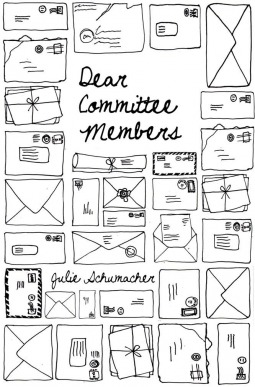
If you enjoy epistolary novels, I highly recommend Ella Minnow Pea by Mark Dunn.

I like this cover version much better although I do see how the porcupine is a good fit on the cover above.
Which cover would draw your eye?
